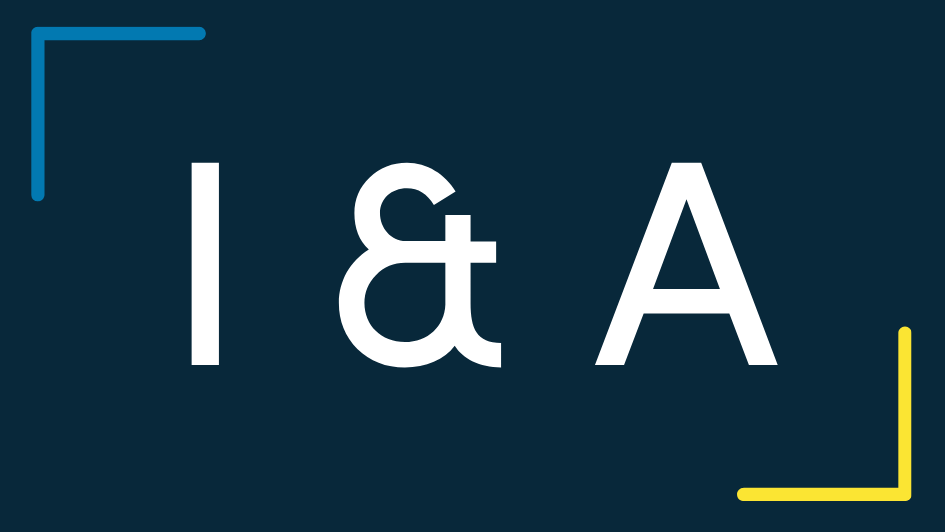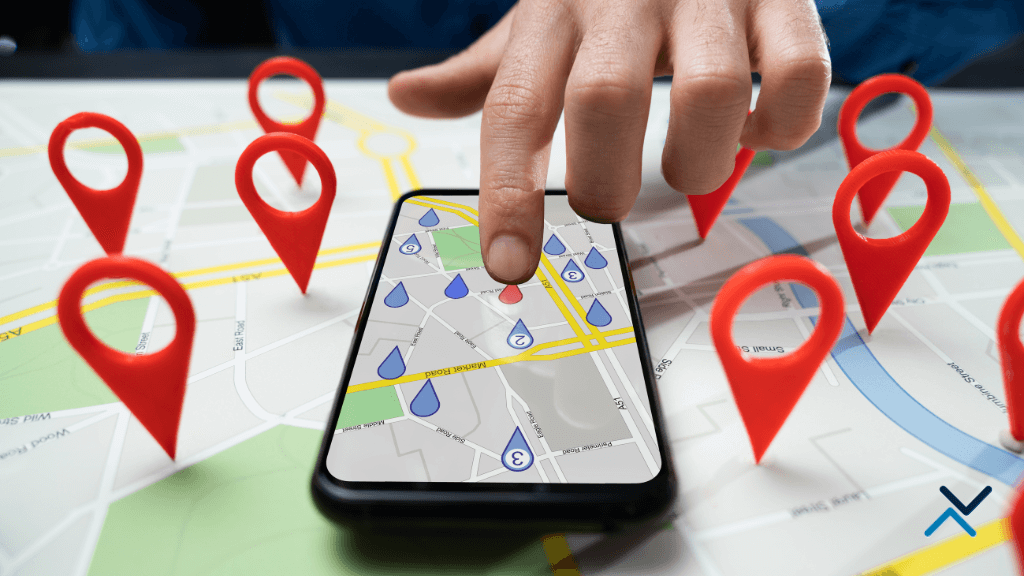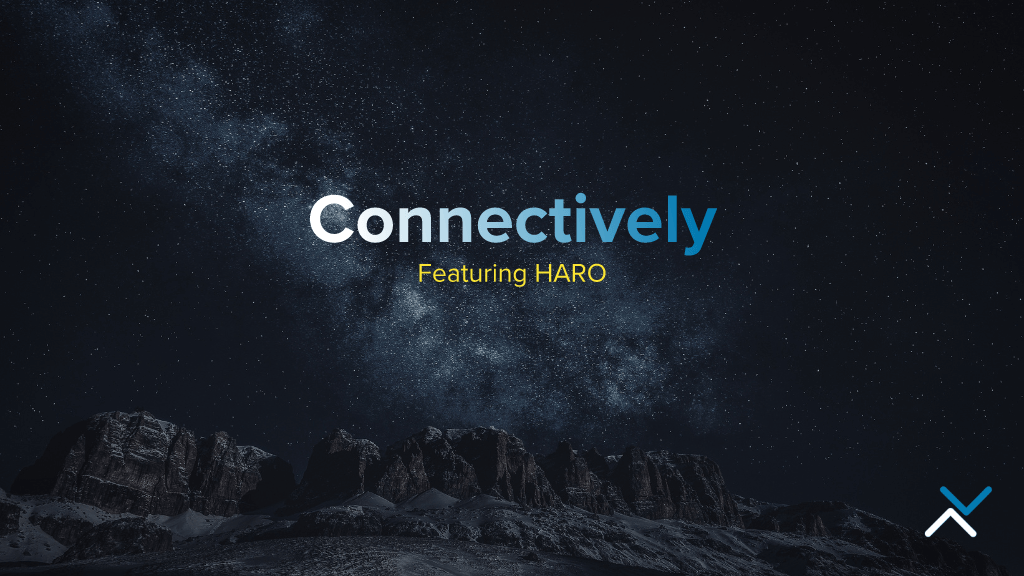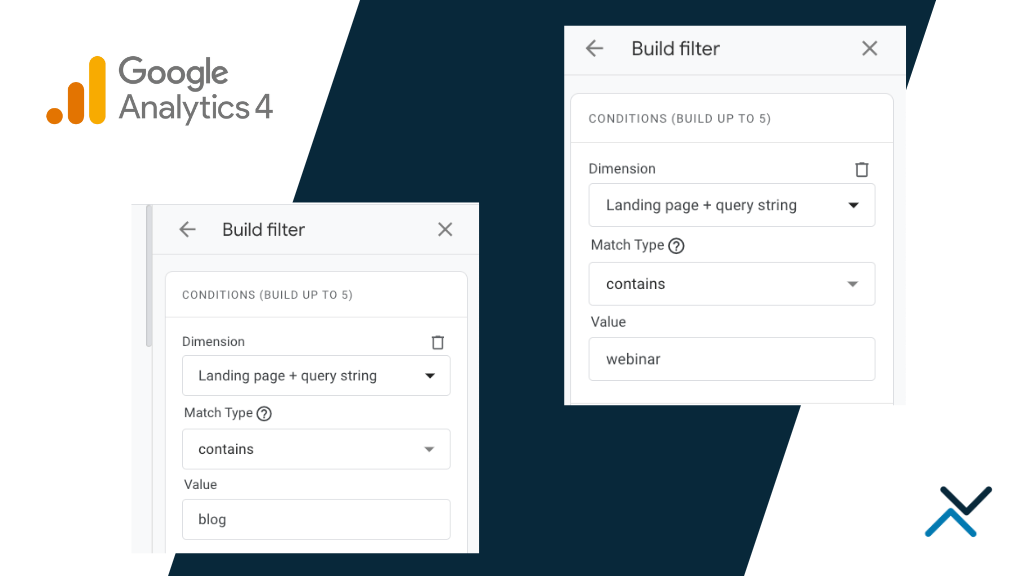The inaugural BrightonSEO conference in the United States has come to an end. Held in sunny San Diego, California, the conference featured a variety of speakers covering the latest and greatest insights in SEO. There were also tracks for paid search, Google Analytics 4 and of course, AI.
Below are a handful of highlights gathered from the conference. It was a quick 2-day conference with a lot of information from some of the best digital marketing experts in the world.
The Pillars of SEO
We tell prospective clients all of the time that there are three pillars when it comes to SEO: technical SEO, content and site promotion. It was reassuring to hear other SEO experts sharing the same approach to SEO, either in-house or for clients in an agency setting. It’s also important to remember that SEO doesn’t really happen in silos. For example, you may have expert content on your website, but if it is difficult for Google to crawl and index, it’s not going to rank well in organic search results.
Technical SEO
Technical SEO remains the foundation of any SEO strategy and it tends to go hand-in-hand with a solid user experience. In addition to solving common areas of technical SEO like crawl dilemmas, fixing broken links, using alt tags for images and avoiding any strange response issues, there are other aspects to pay attention to. Kristine Schachinger from Sites Without Walls went into great detail about lesser-known areas like security exploits and mobile rendering problems. It’s important to be sure your site isn’t hacked and is fully accessible to Googlebot. Additionally, large websites like e-commerce stores need to keep an eye on overindexation from faceted navigation issues. This can cause bloat in the index and make it difficult to rank.
Proper implementation of XML sitemaps is also an important topic, as discussed by Shawn Huber. Websites with a large number of URLs should leverage segmented sitemaps to help Google understand different segments of the site. For example, for e-commerce websites, plan to have different sitemaps for product categories, individual product pages and any accompanying content assets. This is a native function of most website platforms, but it’s a good rule of thumb to remember. There’s also more data in Google Search Console we can be using that most people are not aware of. For example, Shawn recommended creating separate profiles for all variations of a domain – www, non-www, with https and without https. This will allow for deeper analysis and diagnosis of any unforeseen issues.
Pay attention to technical SEO as it can set your website apart from others in your competition set. Be sure to watch any Google Search Console notifications and register your site with Bing Webmaster Tools if you haven’t done so already.
Content & AI
There was a shared excitement and apprehension for AI when it comes to all things SEO. And we’re not just talking about producing content through popular AI tools like ChatGPT or MidJourney; instead, the focus was more on how to scale processes using AI. AI is here to stay and will play a major role in Google’s Search Generative Experience (SGE). Google also has its own take on AI as we learned in Danny Sullivan’s keynote on Friday.
Above all, the focus should continue to be creating content that helps your users. This could include blogs to demonstrate industry expertise, guides to help readers understand technical topics, expansive product descriptions to help with buying confidence and content to showcase services. Content remains king and is even more of a focus with Google’s recent helpful content update as we have all learned in the last few months. If you plan to use AI to generate your website’s content, just know that your competitors are likely doing the same thing. Use AI for content briefs and to help solve common, repetitive tasks, but don’t base your entire content strategy with AI. Use real experts to write content that is helpful and impactful to your users. This has always been what Google favors.
Link Development & Digital PR
The third pillar of an SEO strategy commonly centers around how a website is promoted on external websites. We refer to this as link development and this can be through outreach campaigns, digital PR, unlinked brand mentions and creating linkable assets. There was a shared mindset that link development is still important for SEO, it’s just not as important as it once used to be. Brands should focus on digital PR campaigns and earn brand mentions instead of focusing on dated link-building strategies.
Beth Nunnington of Journey Further talked in-depth about digital PR campaigns while Nick Katseanes of Page One Power explained how e-commerce brands can create content that earns links. Be creative in how you try to earn links and focus on always growing your brand. We know that Google has less of an emphasis on links than it has in previous years, but there’s no denying that links will always have a role in SEO.
When it comes to Google’s SGE, we have to assume that online brand equity will play a vital role in how content is served. And of course, online brand equity is impacted by links pointing to a website and its content.
Local SEO Research
In one of the standout sessions, Greg Gifford of SearchLab Digital presented research his firm completed for 8,500 different Google Business Profiles. We love real data and statistical analysis, and Greg certainly delivered.
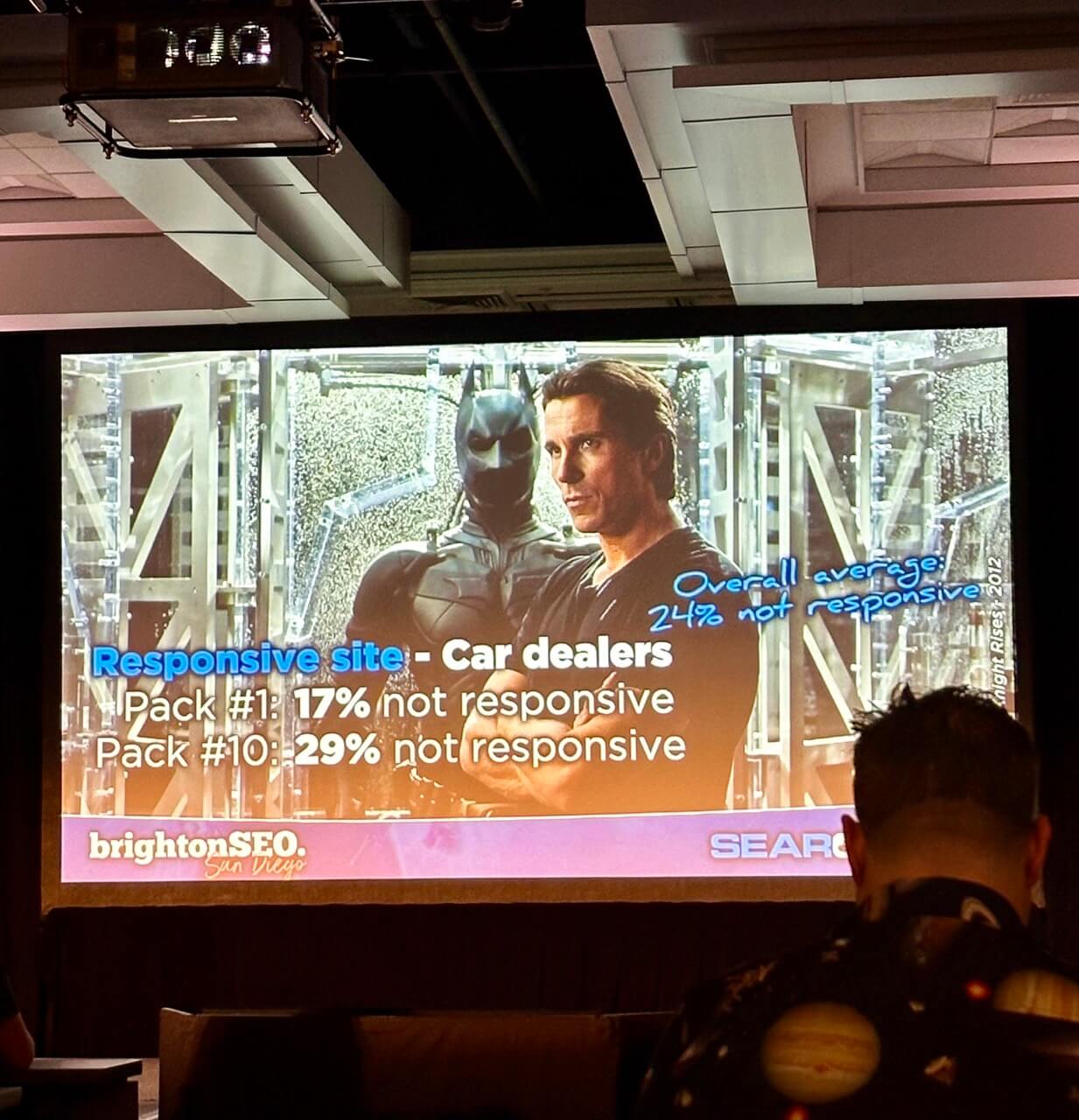
Using his unique superhero slide format, Greg went into detail about how SearchLab Digital and Ahrefs reviewed data for personal injury firms, cannabis dispensaries and car dealerships to conclude what Google is paying attention to the most in local SEO. While every local business is different, there are a few things that remain a constant in local SEO – a well-built Google Business Profile, a healthy number of reviews, plenty of photos of your business and a good website experience to accompany the Google Business Profile.
It was great to see the amount of search that went into this presentation and confirm a lot of things we see on our end with local clients.
Analytics, Dashboards & Reporting
Outside of SEO disciplines, the conference included a handful of sessions on analytics and reporting tips through tools like Google Analytics and Looker Studio.
There was a general dislike of Google Analytics 4 (GA4) in the BrightonSEO audience as it is still new to most marketers and not widely adopted (yet). However, a couple of conference presenters shed light on tips and tricks to make GA4 easier to work with. For example, Brie Anderston of Beast Analytics showed several different ways to retrieve key reports and view dashboards that are most likely to be requested by executives and leadership teams. Likewise, Krista Seiden of KS Digital provided insightful tips on how to best leverage data from the platform with various filters and views.
The bottom line is that Google Analytics 4 is here to stay and we better all embrace it. The same familiar data we had in Universal Analytics is still there, just in slightly different locations. Let’s stop talking about bounce rate too.
Danny Sullivan’s Keynote
The final day of the conference kicked off with a keynote from Google’s own Danny Sullivan. Danny is a former SEO and spent much of his career with Search Engine Land, documenting changes in Google and helping SEOs achieve results. Today, he’s the public liaison of Google search and answers a lot of questions about Google.
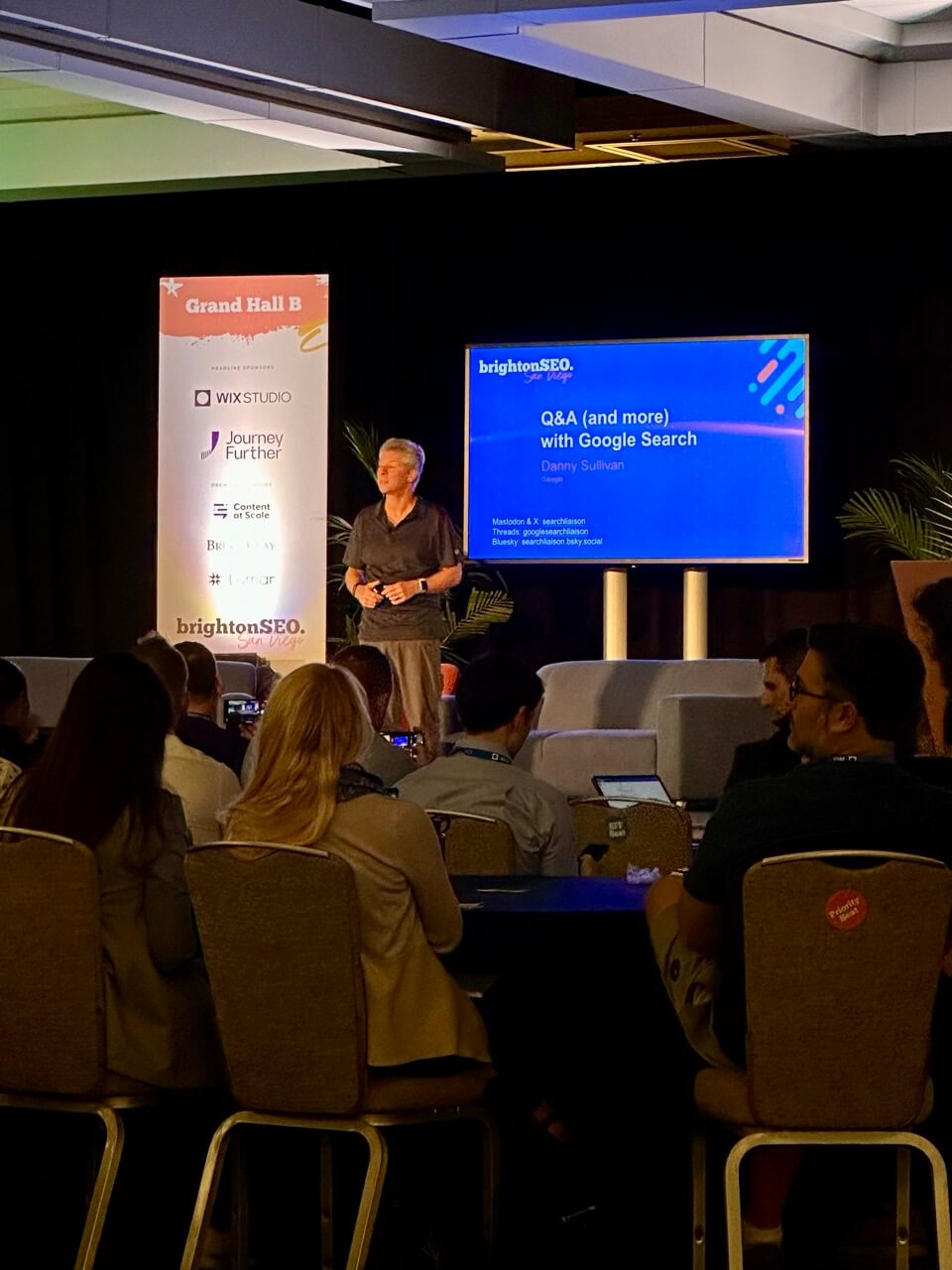
Danny is no stranger to SEO conferences and came prepared to answer a lot of frustrated SEOs’ questions and concerns about the helpful content update, AI and SGE. Most notably, Danny addressed Google’s take on the AI revolution and how quickly we all need to embrace it. As Google has previously stated, they are not opposed to AI content as long as it is indeed helpful to the user. If you use AI to generate thousands of low-quality pages with repetitive information, that’s spam, plain and simple.
If you’re chasing the algorithm, you’re already behind.
He went in-depth about the helpful content update and how the algorithm has developed since the Panda update over a decade ago. Danny repeatedly stated for SEOs (and content creators alike) to focus on their users and worry less about Google. In a quote that nearly everyone jotted down, Danny said, “if you’re chasing the algorithm, you’re already behind; you should be chasing the people.” The best way to win in Google is to deliver a great user experience with content that undoubtedly helps your users. Focus on your audience / customers first and be less concerned with Google.
Danny was also asked about Google’s take on ranking big brands, accessibility as a ranking factor and more.
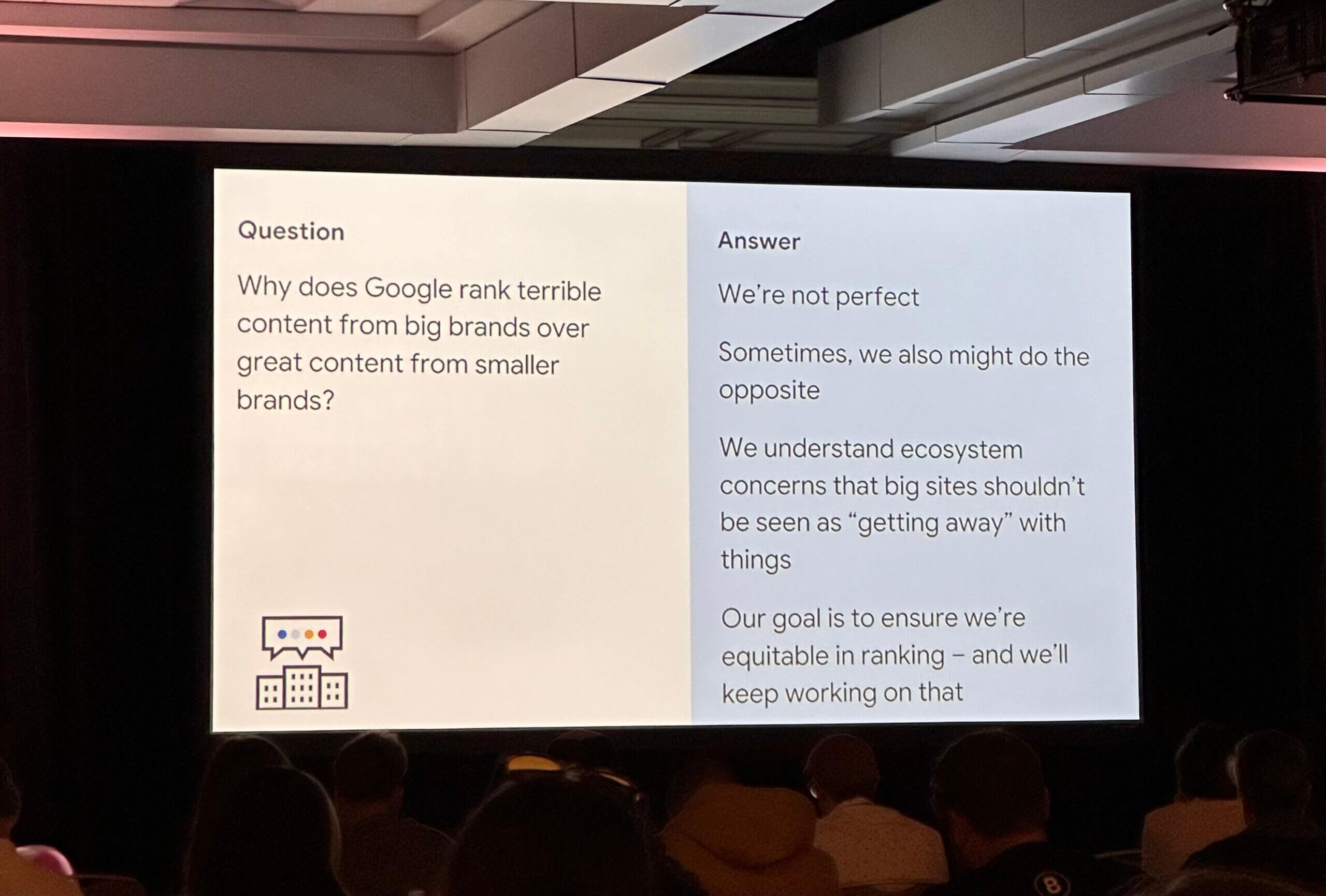
He again stated that Google isn’t perfect, but they try to improve all of the time with various updates. This was my first time seeing Danny Sullivan speak and I thought he delivered a fantastic keynote.
Sunny San Diego Could Not Be Beat
San Diego was the perfect place to host this type of conference. When we weren’t busy attending sessions or networking, there was time to explore the city, walk along the harbor and find some unbeatable local food in the Gaslamp District. The location of the conference, the Hyatt Grand, was also ideal and provided some incredible views.

BrightonSEO will be returning to San Diego in 2024 and we’re looking forward to attending again! If you were in attendance of BrightonSEO US, what were some of your favorite sessions? Let us know in the comments.


